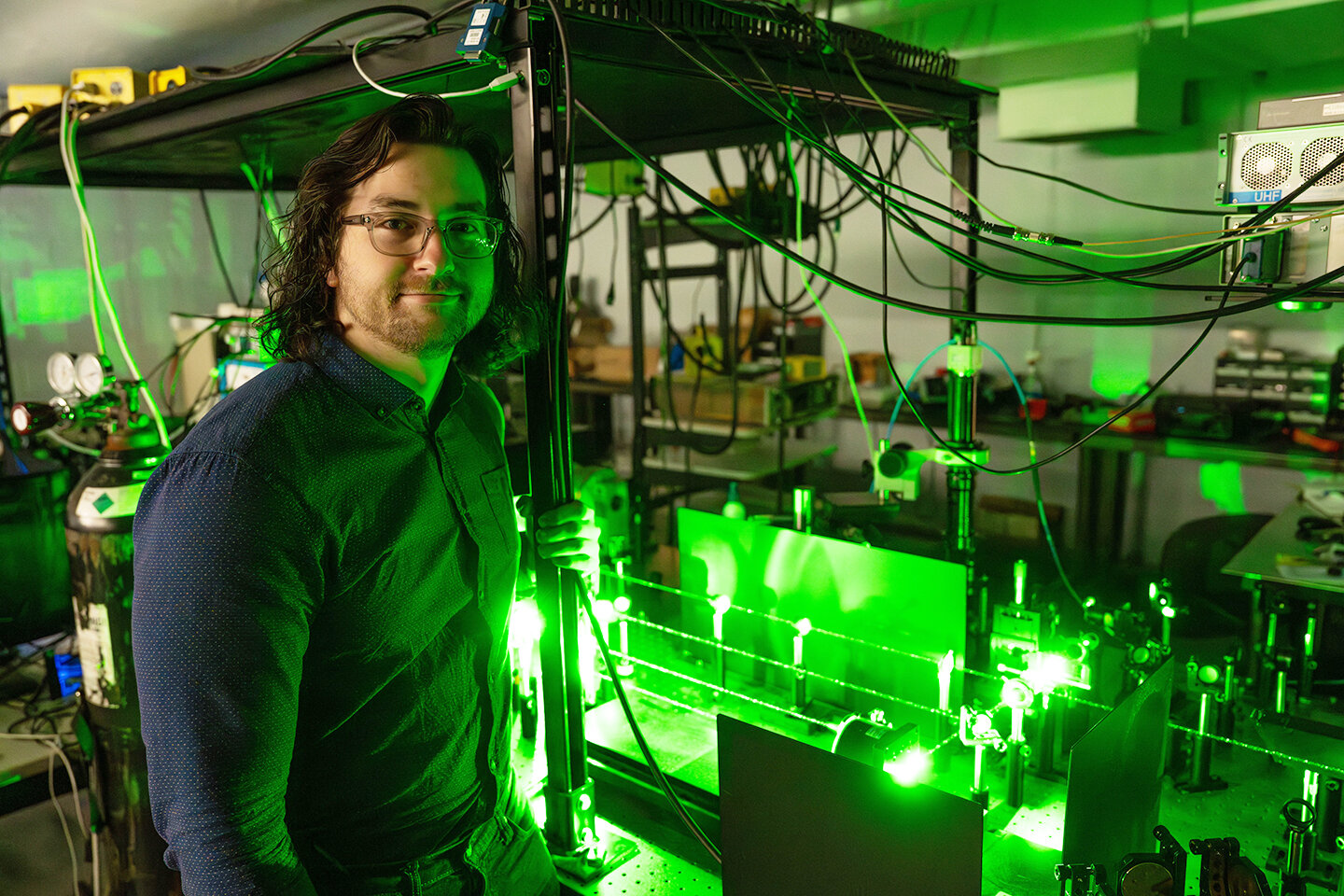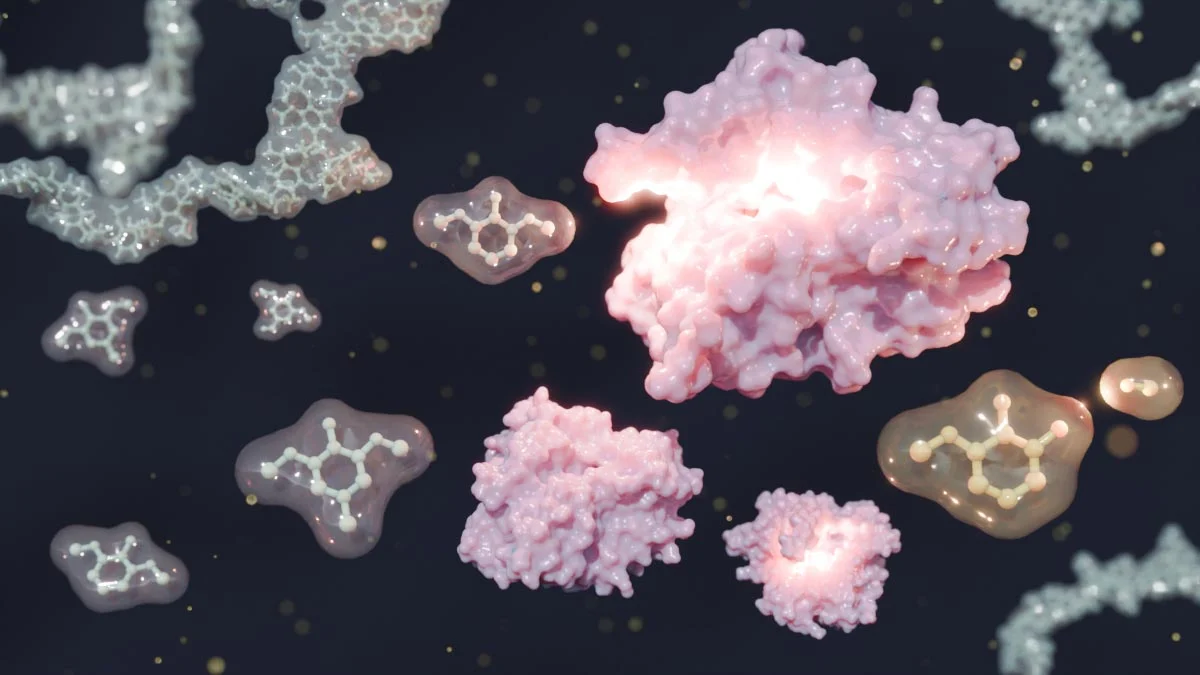Image by zes dho from Pixabay
A lingering wet cough in kids might not be harmless—it could signal something much deeper and more serious.
When a Cough Isn’t “Just a Cough”
Normal vs. Chronic
Most childhood coughs resolve within a couple of weeks. But a wet cough that persists beyond four weeks qualifies as chronic—and that’s when alarm bells should ring.
The Hidden Culprit: Protracted Bacterial Bronchitis (PBB)
PBB occurs when mucus in the lungs becomes a breeding ground for bacteria. Even if antibiotics are eventually given, delayed or inadequate treatment can lead to lasting damage in the lung’s delicate airways.
What the Research Says
In a 2025 study from the University Children’s Hospital in Bochum, researchers followed 63 children 5–14 years after a childhood bout of PBB. Many still showed chronic cough and reduced lung function—even years after their first infection.
Alarmingly, this suggests PBB may pave the way to irreversible conditions like bronchiectasis, where airways become permanently widened and scarred.
Signs Parents Shouldn’t Ignore
Keep a close watch for:
- A wet cough that lingers past four weeks
- Night-time coughing or coughing during physical activity
- Wheezing, frequent chest infections, or unusually tired behavior
If these pop up, it’s time to see a pediatrician.
Why Early Detection Matters
Prevents Long-Term Damage
Early antibiotic treatment (2+ weeks) can stop PBB before it evolves into bronchiectasis.
Track Recovery
Ongoing check-ups and lung-function tests ensure proper healing—and help catch issues before they worsen.
Better Tools Ahead
Researchers are designing digital alert systems—think “traffic lights” in clinic software—that crunch symptoms and flag high-risk coughs early.
What Parents Can Do Now
1. Stay Alert
Watch for coughs that drag on past a month.
2. Request a Full Evaluation
This may include breathing tests, chest scans, or bronchoscopy.
3. Follow the Full Antibiotic Regimen
Complete the entire treatment plan if prescribed for PBB.
4. Schedule Follow-Ups
Keep checking in with your doctor until the cough is completely gone.
Bringing It All Together
It’s easy to chalk up a wet cough to a stubborn cold, but if it’s dragging on week after week, it could signal something more serious—like PBB leading to irreversible lung damage in the long run. Timely treatment, careful monitoring, and informed parenting can make all the difference.
🔍 What Do You Think?
Have you encountered a chronic cough that wouldn’t quit—or wondered if it was normal? Share your thoughts or questions below—because every cough tells a story.
Daily science news 2025, Best science blogs 2025, New science research 2025, Popular science articles, Latest science news 2025
Reference: “Long-Term Pulmonary Sequelae 5–14 Years After Protracted Bacterial Bronchitis in Early Childhood” by Jan Hermann, Karen Brückner, Cordula Koerner-Rettberg, Stefanie Dillenhöfer, Folke Brinkmann, Christoph Maier, Christoph M. Heyer and Anne Schlegtendal, 5 May 2025, Pediatric Pulmonology.
DOI: 10.1002/ppul.71111










